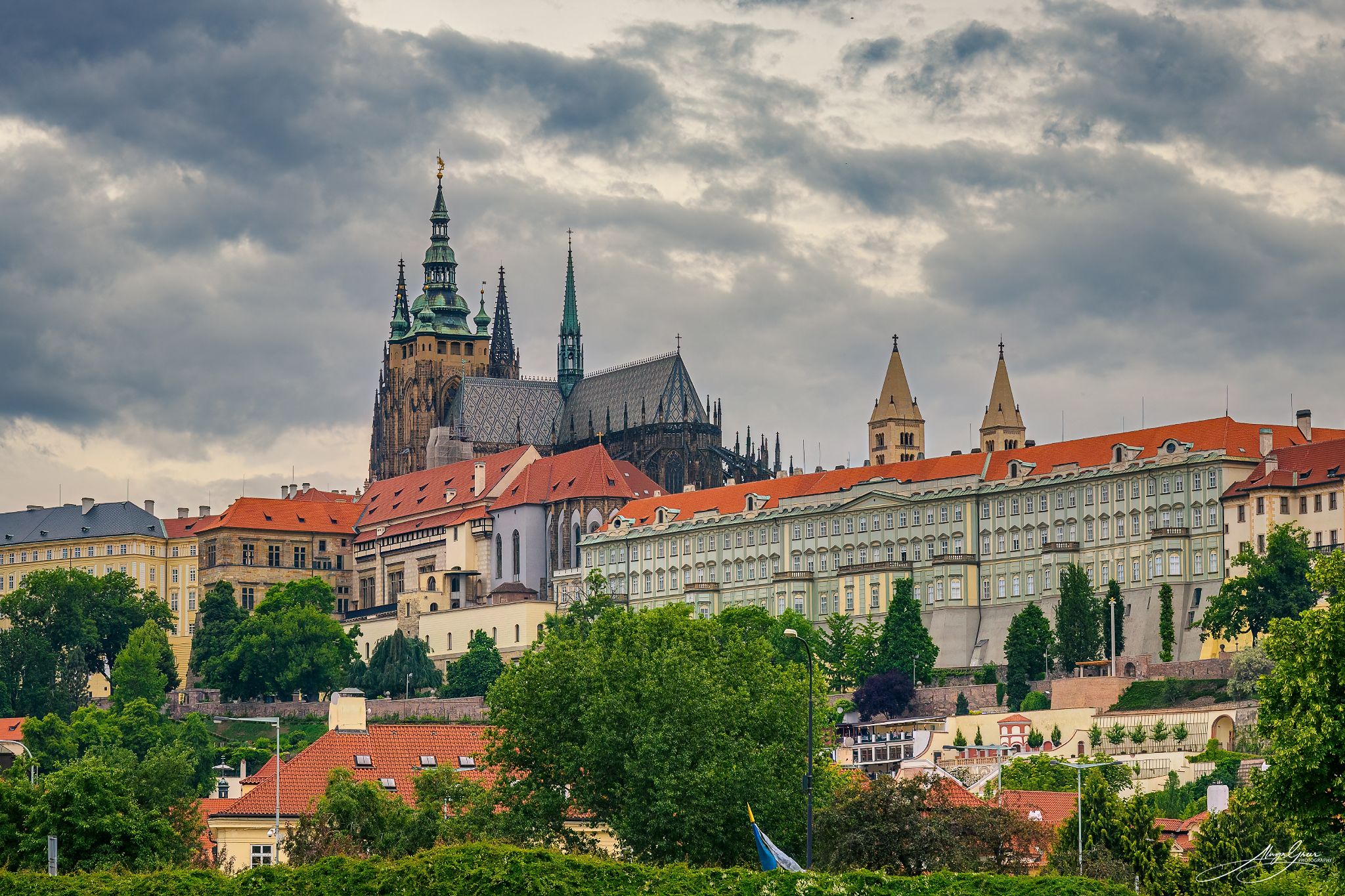
Neoliberalism is characterized by a belief in free-market capitalism, limited government intervention, privatization, and an emphasis on individual responsibility. Notable advocates include Hayek, Milton Friedman, and James Buchanan. Neoliberalism has been described as a “controversial, incoherent, and crisis-ridden term” due to accusations of it being a primary causal factor for the 2008 Financial crisis, and exacerbating inequality, and increasing social disparities in many countries.
With communism often being considered the opposite of neoliberalism, and its well-known dominance of East Central Europe from 1947–1989, understanding the reasons behind this has received much academic attention. Researchers question how post-Communist countries ‘defied expectations’ as East Central Europe continued to adopt neoliberal policies for decades after the “window of opportunity” created by the political transitions of 1989-91.
Many countries in the region implemented market-oriented reforms as they transitioned from centrally planned economies to market economies in the 1990s. Privatization of state-owned enterprises, deregulation, and opening up to foreign investments were key components of these reforms, thus aligning with neoliberal principles.
Examples include: Poland’s ‘Balcerowicz Plan’, Hungary’s ‘Bokros Package’ (under supervision of the IMF), Bulgaria’s privatization of the financial sector, land, energy, and telecommunications to join the EU, the implementation of the flat tax and pension privatization in Estonia and Slovakia.
Neoliberal transitions can be attributed to:
- Attempts to stabilise the economy and promote economic growth – dismantling the prior centralized economic structures and movement toward market-based economies.
- The influence of Western countries’ claims and imposition of superiority of neoliberalist ideology. Many East Central European countries aspired to integrate into Western economic and political institutions, such as the European Union and NATO. Embracing neoliberal policies was seen as aligning with the economic systems prevalent in Western democracies and being accepted into these intra-national organizations like the EU.
- International organizations, including the International Monetary Fund (IMF) and the World Bank, often conditioned financial assistance and support for economic reforms on the adoption of neoliberal policies. This influence encouraged countries to implement measures like privatization and deregulation.
- Attracting Foreign investment – the European Bank for Reconstruction and Development (EBRD) creates ranking systems that publish macroeconomic analysis and economic forecasts that are used by both governments and international financial institutions to promote neoliberal ideals.
Neoliberalism and Populism?
An article published by Orenstein and Bugarič, highlights the potential causal relationships between neoliberalism and Populism. They argue that Central and Eastern European states’ dependence on foreign capital had constrained them to abide by neoliberal economic policies after their democratic transition. However, following the global financial crisis, which spurred growing resentment towards neoliberalism, there has been a trend of ‘authoritarian populism’ in East Central Europe. This led to surges in popularity for right-wing populist parties like President Viktor Orban’s Fidesz party in Hungary and the Law and Justice Party in Poland.
Image: Prague castle and St Vitus Cathedral, alywn22 , 2022 // CC BY-NC-ND 2.0 DEED



Average Rating